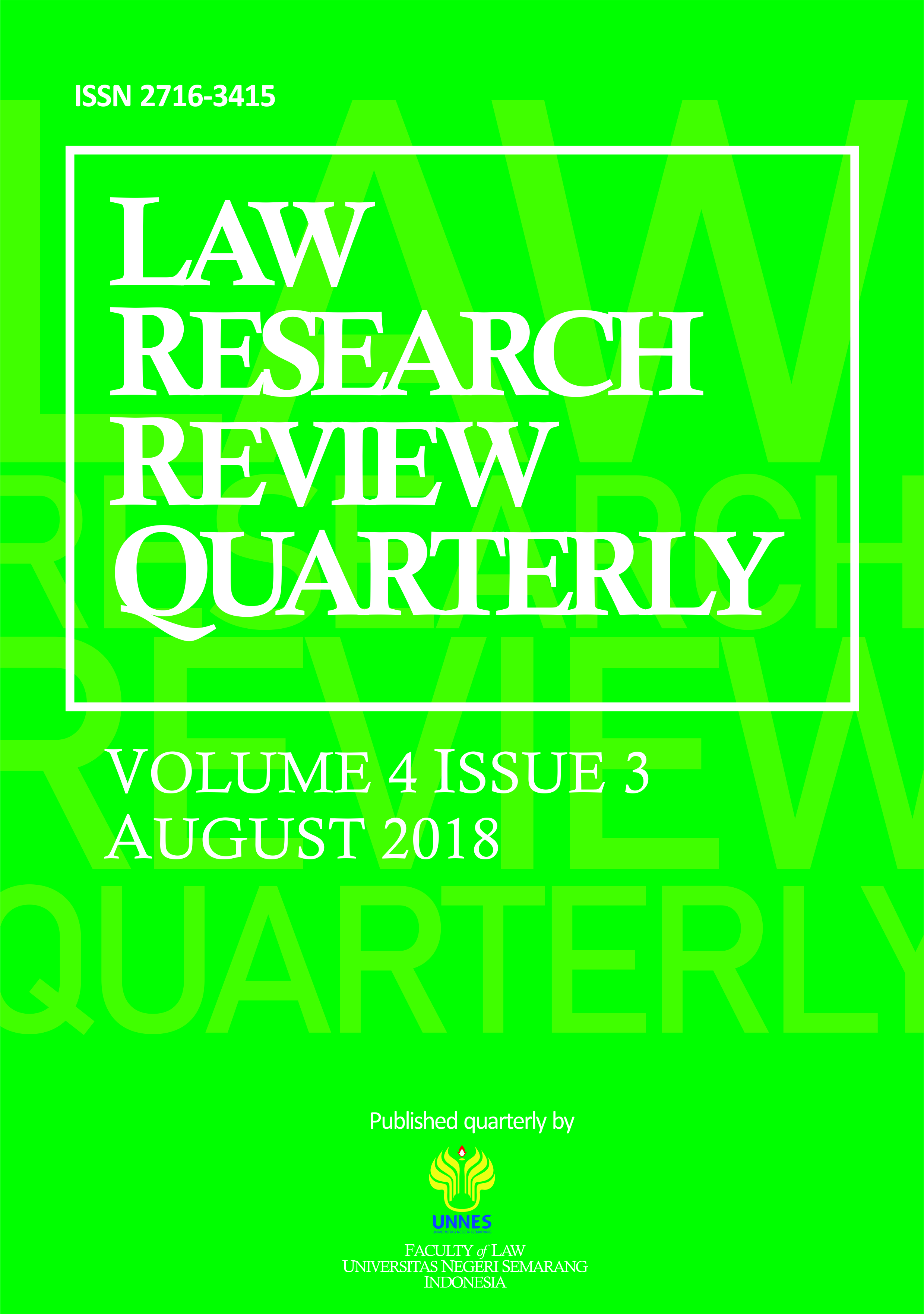Changing the Paradigm of Political Parties Regarding Women's Affirmation Policy: From Quantity to Quality
Main Article Content
Abstract
This article discusses the affirmation policy of women's representation used to increase participation and strengthen women's representation in the political world. This policy has been regulated in the Law on Political Parties and further strengthened in Law Number 7 of 2017 concerning General Elections, which is equal to 30 percent of women's representation in the list of candidates submitted by political parties. But the facts obtained, in the parliamentary seats the proportion of women's representation is still far from ideal. Actually, when we talk about affirmation and nomination policies, it is a final process. The initial process was precisely at the time of regeneration within the party. Political parties play an important role in determining the success of implementing this affirmation policy. Most political parties place women only to fulfill the 30 percent quota that has been determined formally, not used to increase the actualization of women in the political world in Indonesia.
Article Details
All writings published in this journal are personal views of the authors and do not represent the views of this journal and the author's affiliated institutions. Author(s) are retain the copyrights of the Article. However, before publishing, it is required to obtain written confirmation from Author(s) in order to ensure the originality (Author Statement of Originality). The statement is to be signed by at least one of the authors who have obtained the assent of the co-author(s) where applicable.This work licensed under a Creative Commons Attribution-ShareAlike 4.0 International (CC BY-SA 4.0)
References
Asshidiqie, Jimly. (2008). Menuju Negara Hukum Yang Demoktratis. Jakarta: Graha Ilmu.
Marle, Karl. (1995). Women and Empowerment: Partisipation and Decision Making. London & New Jersey: Zed Book Ltd.
Jurnal
Izdiha, Anis. (2017). Wajah Politik Perempuan: Studi Etnografi Representasi Suara Perempuan dalam Pemilu Legislatif 2014 di Propinsi Daerah Istimewa Yogyakarta (DIY). Jurnal Pemikiran Sosiologi. Vol. 4 No.2 , Agustus 2017.
Susiana, Sali. (2014). Penurunan Keterwakilan Perempuan Dalam Pemilu 2014. Info Singkat. Vol. VI, No. 10/II/P3DI/Mei/2014.
Peraturan Perundang-Undangan
Undang-Undang Nomor 12 tahun 2003 Tentang Pemilihan Umum Anggota Dewan Perwakilan Rakyat, Dewan Perwakilan Daerah, dan Dewan Perwakilan Rakyat Daerah.
Undang-Undang Nomor 2 Tahun 2011 Tentang Partai Politik
Undang-Undang Nomor 7 Tahun 2017 tentang Pemilihan Umum.
Data Internet
http://www.puskapol.ui.ac.id/publikasi_puskapol/pentingnya-afirmasi-internal-partai-politik-untuk-perempuan.html, diakses pada tanggal 2 November 2018.
https://tirto.id/kuota-30-perempuan-di-parlemen-belum-pernah-tercapai-cv8q, diakses pada tanggal 3 November 2018.
https://news.detik.com/kolom/4174432/keterwakilan-perempuan-dalam-politik, diakses pada tanggal 3 November 2018.
https://news.detik.com/adv-todaynews-detiknews/d-1535073/pentingnya-afirmasi-internal-partai-politik-untuk-perempuan, diakses pada tanggal 4 November 2018.
